Most people follow the 8-hour work day schedule.
They get up in the morning, work, take a lunch break, work again, then call it a day.
The question is: why do we work 8 hours a day? Have you really stopped and thought about that?
Let’s revisit history and see how the 8-hour work day came about.
It all started in the Industrial Revolution when factories wanted to increase their output. In order to achieve this, they had their workers work very long hours. We’re talking as much as 18 hours per day for 6 days a week.
It wasn’t until a man by the name of Robert Owen who suggested that work hours be dramatically reduced that the 8-hour work day came about. Owen came up with the phrase “8 hours labour, 8 hours recreation, 8 hours rest”.
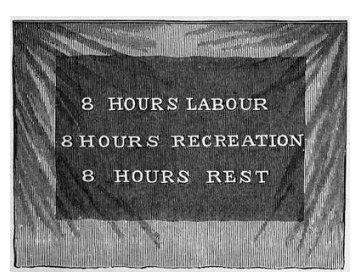
So that’s the 8-hour work day was ‘founded’ a few hundred years ago in the late 18th century.
This is 2017.
We now have advanced computers, machines, tools, data intelligence to help us work dramatically faster and better. Why are modern companies still adopting this 8-hour work day rule?
Instead of an 8-hour work day, why not increase your productivity so that you can get more done in less time?
Countless books have been published about the topic of productivity. If you want to learn more about productivity in greater detail, you can buy one of the books.
Below are 5 tips I want to share with you that I personally use to get more done in less time.
(1) Take a nap every day

Yes, you heard me right.
Take. A. Nap.
You don’t have to hustle all the time. In fact, I personally don’t believe in hustling.
Afraid of being labeled as lazy? Or maybe feeling guilty?
Bestselling author Michael Hyatt shares my sentiments. In his article, Hyatt states well-known people like John F. Kennedy, Ronald Reagan, Leonardo da Vinci, Albert Einstein, Thomas Edison, Napoleon Bonaparte, Winston Churchill, and John D. Rockefeller also took naps.
Still afraid of being labeled as lazy?
I don’t know about you, but if being labeled as ‘lazy’ allows me to get more done in less time, then so be it. Let people think what they want. We can’t control their minds anyway.
I started experimenting with taking an afternoon nap in late 2016. Initially I was really feeling guilty. “I should be doing work instead of sleeping! What would my wife say? What if she thinks I’m lazy?”
I’m SO glad I took the plunge and started the experiment. Because after that it was…
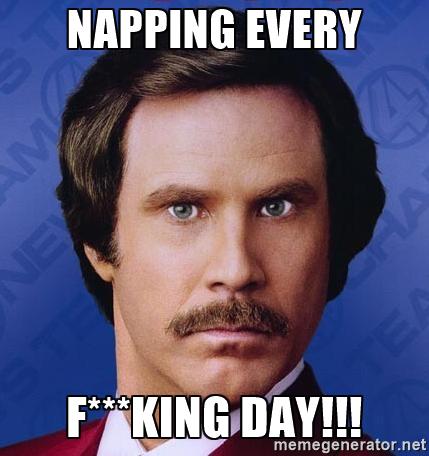
Yes. Napping every freaking day. And I’m proud of it!
Every time I wake up from my nap, I feel recharged, refreshed, and ready to tackle my remaining tasks.
You don’t have to take long naps. Even a 30-minute nap is beneficial in ‘rebooting’ and ‘recharging’ your brain. In my case I take a 60-minute nap every day.
(2) Work on your most important tasks that are the most challenging first
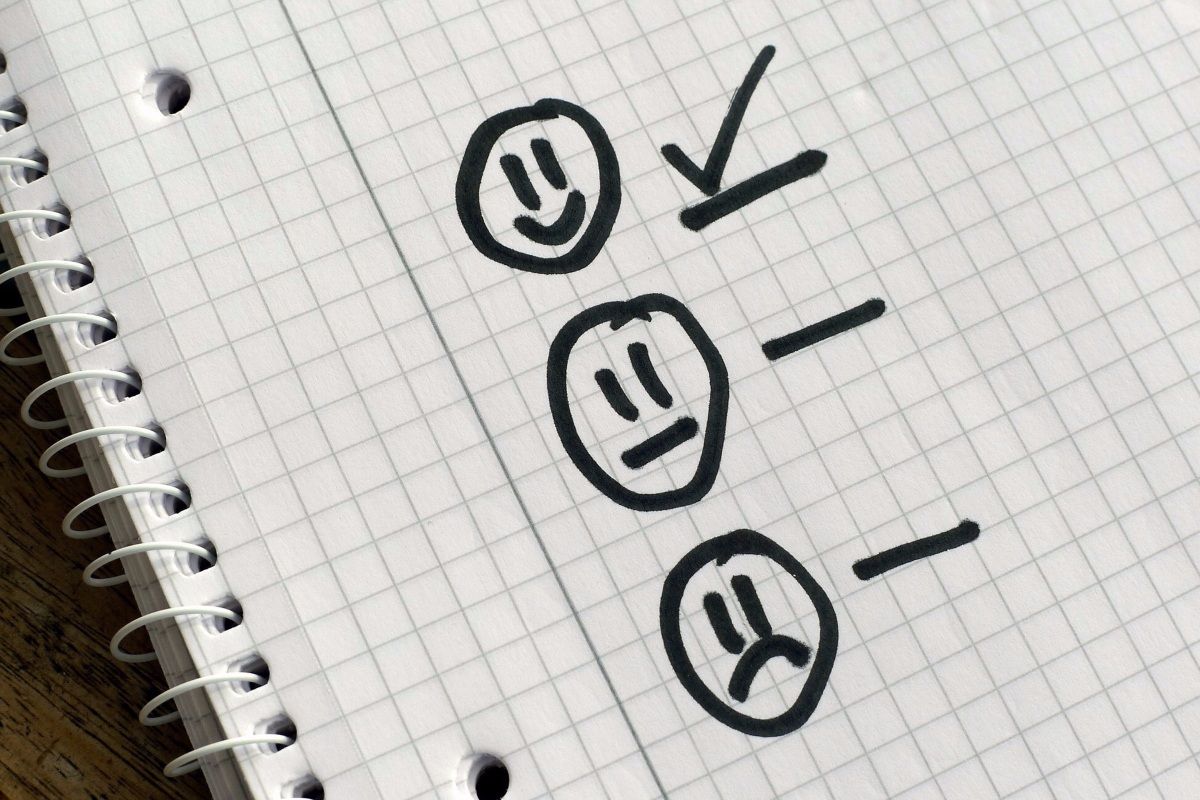
We have a finite amount of brain power.
[pullquote align=”normal” cite=”Scientific American”]In one study researchers found that participants who made more choices in a mall were less likely to persist and do well in solving simple algebra problems.[/pullquote]
[pullquote align=”normal” cite=”Scientific American”]In another task in the same study, students who had to mark preferences about the courses they would take to satisfy their degree requirements were much more likely to procrastinate on preparing for an important test. Instead of studying, these “tired” minds engaged in distracting leisure activities.[/pullquote]
Armed with this knowledge, the first thing you should do when you start your work day (after all the meditation, reading, exercise routine, etc if you have one) is to work on your most important task that are the most challenging (i.e. consumes a lot of brainpower).
The is because your brain is at its peak and most refreshed after waking up. This is similar to when your computer hasn’t been shut down or restarted for a few days straight… it gets slow. Reboot the computer and it becomes fast again. Sleeping is like rebooting.
Never start your work day by doing unimportant and easy tasks like checking emails, social media, or administrative tasks like paying the bills. These require very little thinking on your part — i.e. even when your brain power is low, you can still complete these tasks without problem.
Also, if you check emails and social media first thing in the morning, you become reactive instead of proactive. You’re reacting to other people’s needs and wants. You read, react, and reply someone’s email. Then you read, react, and comment on someone’s Facebook post.
You’re putting others’ interests, needs, and wants above your own — which is bad. If things go on like this continuously, when are you going to have time for your own needs and wants?
Always put your needs and wants above anything else (yes yes yes I know you’ve heard me and countless others say always be providing value to others and putting their interests first — but the context of the subject we’re talking here is different — this is about protecting your most important asset — your time).
(3) Get shit done
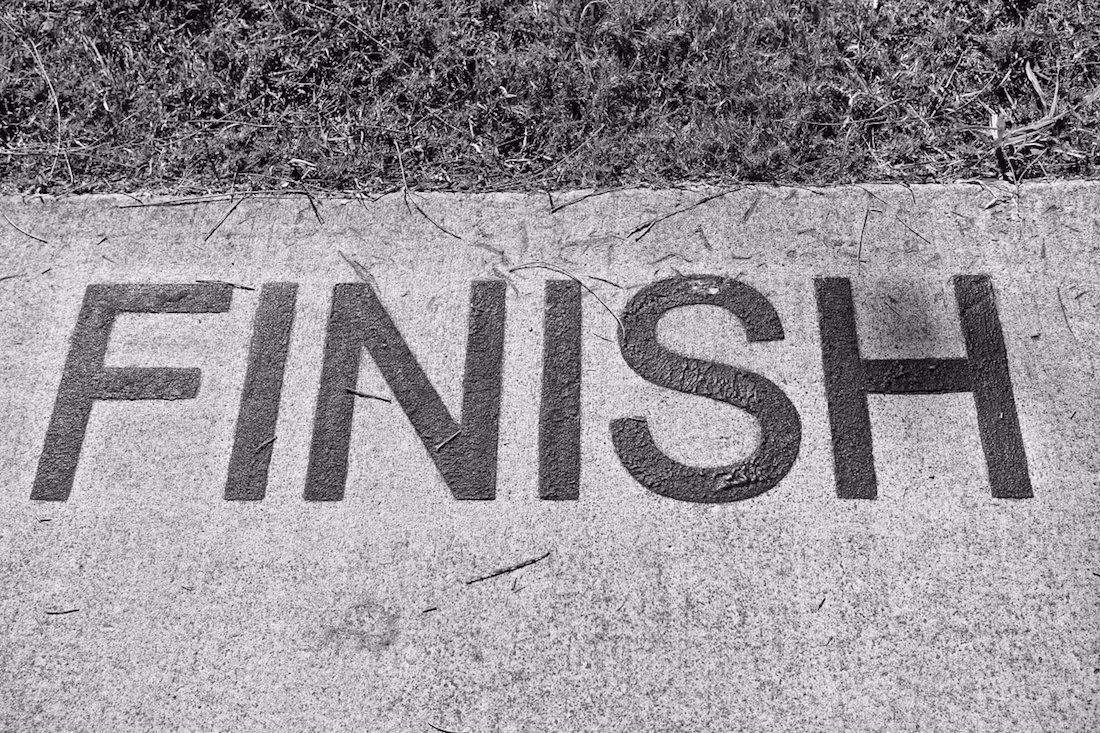
You’ve heard this countless times, haven’t you?
My question is: have you actually implemented it yet? Or are you only engaging in NALO (no action learn only) territory?
Get shit done by focusing on your tasks. Adopt a tunnel vision approach.
Turn off all programs on your computer that you’re not currently using to work on your current task. Not only will you eliminate any distraction, you’ll also save on your computer’s processing power.
If you need a browser to work on your tasks, close all tabs that are not related to the current task at hand.
Turn off all visual and sound notifications, both mobile and desktop. Most common are email notifications, instant messaging notifications, Facebook notifications, call notifications.
For call notifications, you could argue that you might miss an important call from a friend or associate. I’m sure 99.99% of the time, they can wait for a few hours and the world and your business will still be around right? Call them back later during your break time or after your work for the day is done.
Then there’ll also be some of you who protest: “But my work needs me to go to Facebook and do research”.
Fine. But we all know the moment we go to Facebook with the original intention of researching or doing business work… we see all these stories from all our friends with their funny cat pictures or other unimportant updates… we get sidetracked.
After 30 minutes, we realized “What am I doing here? I haven’t even started doing research!”
To combat this, I use a Chrome plugin “Facebook News Feed Eradicator” to block my timeline from filling up with other people’s stories. It will be replaced with a blank timeline and a random positive quote, like this:
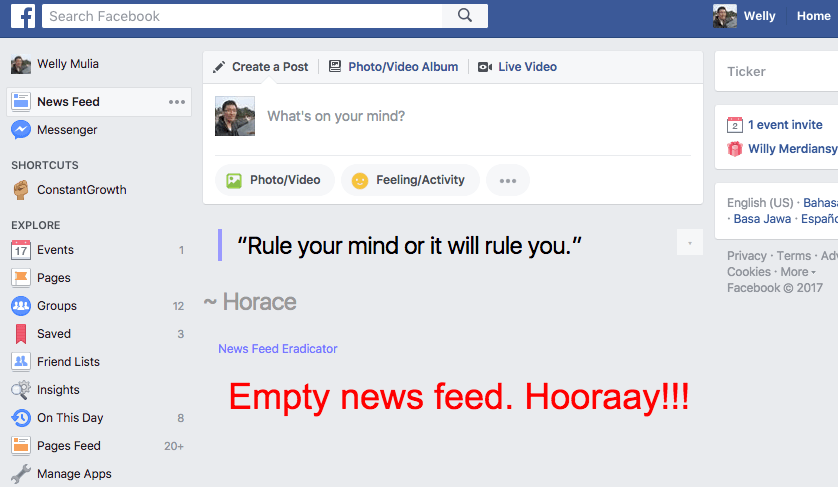
Awesome, eh?
(4) Time yourself
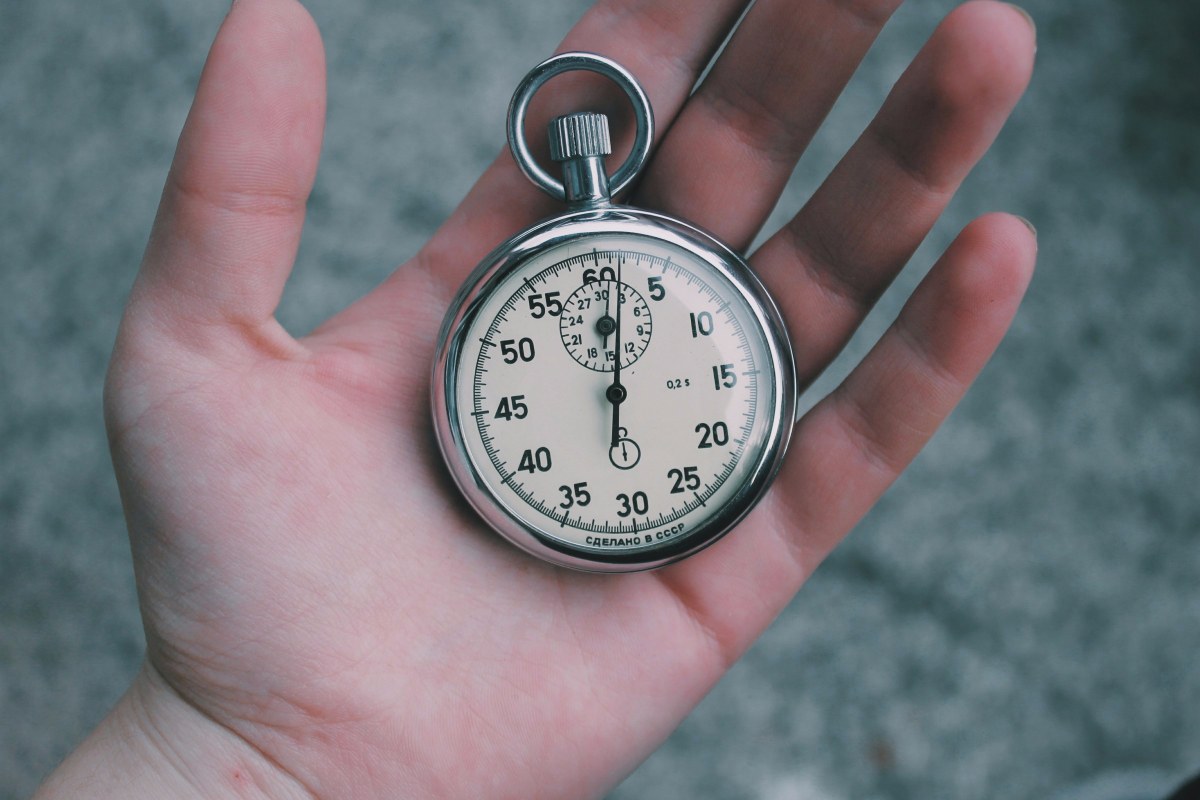
Most people do not time themselves when working.
And by ‘working’ — I mean really, actually working.
Let’s go back to our 8-hour work day. Do you think most people who work 8 hours really work all the time during these ‘8 hours’?
Or do you think these ‘8 hours’ include relaxing time, resting time, browsing aimlessly on the net, chit chatting with their friends, etc?
It’s funny how we track clicks, conversions, sales, etc but we don’t track ourselves. To improve and constantly grow, you must also track and measure yourself.
How many effective hours do you really work each day? Relaxing and resting time and all other activities that don’t contribute to your output should be excluded The only way to know is to time yourself when you’re working on your tasks.
I personally use a tool called My Action Generator (I acquired the resell license to this a few years ago but am not selling it anymore) to allocate how much time I spend on each task and track the actual time spent doing each task.
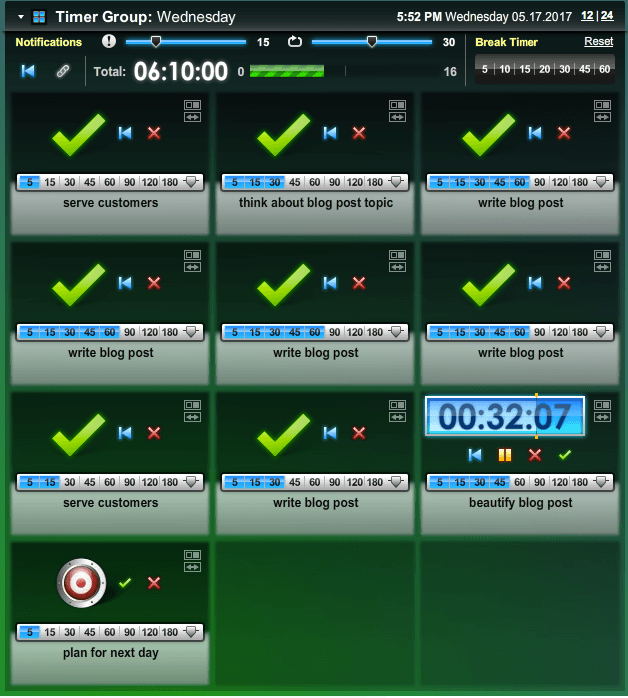
You can use any kind of timer tool though. You could use your mobile phone to set a countdown and start it when you begin working on your task one at a time. Or if you prefer an online tool, you can use this simple free countdown timer.
Using a countdown instead of a stopwatch is better because you set a deadline to finish the current task. If you set 60 minutes, your brain will try it’s best to achieve that. If you use a stopwatch, you don’t have a ‘boundary’ or deadline as to when you should complete the task. You just complete it when you complete it (read: whenever you feel like completing) — not good.
I suggest setting a maximum of 60 minutes per task. If you have task that requires you to take more than that (like writing this blog article) — say 4 hours — break it down into four 60-minute, manageable small chunks.
After 60 minutes, take a break. Get out of your chair. Do some light exercise. Breathe. Drink a glass of water. Take a 5 minute walk outside. Then come back to work on your next 60-minute task.
After completing each task, make sure you record it down somewhere so that you’ll know how many ‘real’ hours you’ve worked for the day. Write down the task that was completed and how long it took you to complete.
This will feel awkward and stupid when you’re just starting to do this. But over time, you’ll get into a habit and become more efficient as you’ll become better at completing tasks within the given time frame.
(5) Declutter your workspace
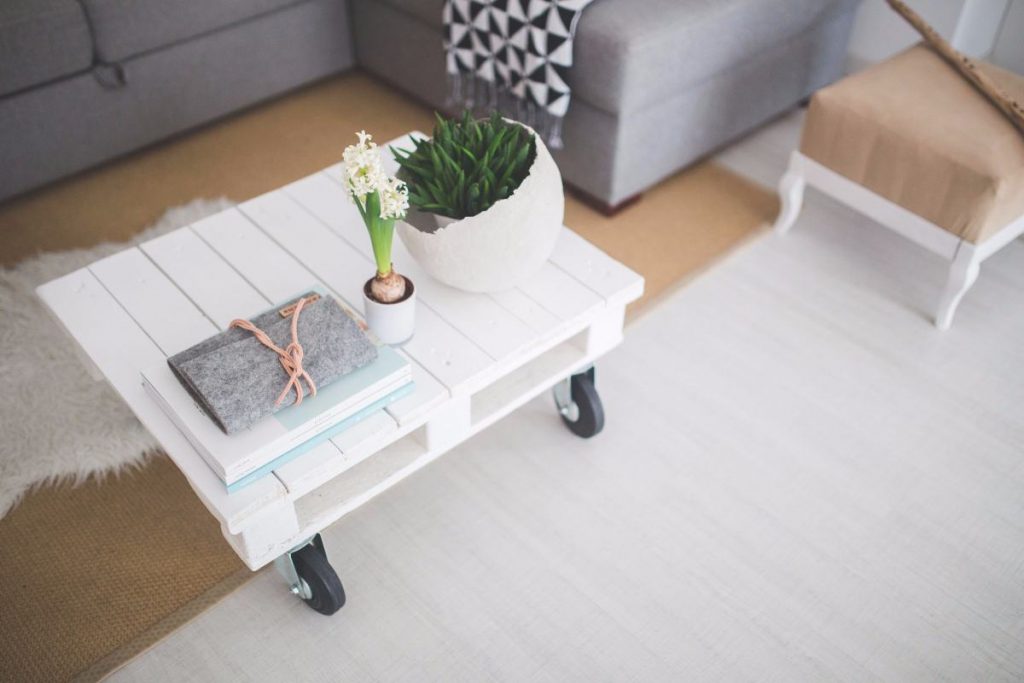
According to Dr. Jean Pollack, a cluttered workspace kills creativity and damage trust with your clients, coworkers, and even your personal relationships.
A clean and neat workspace allows you to practice ‘minimalism’. You have less things to see (and hence pay attention to). When you have less things to pay attention to, you have more time to pay attention to things that matter the most to you and your business.
Which leads to increased creativity and focus.
Here’s what my workspace looks like:
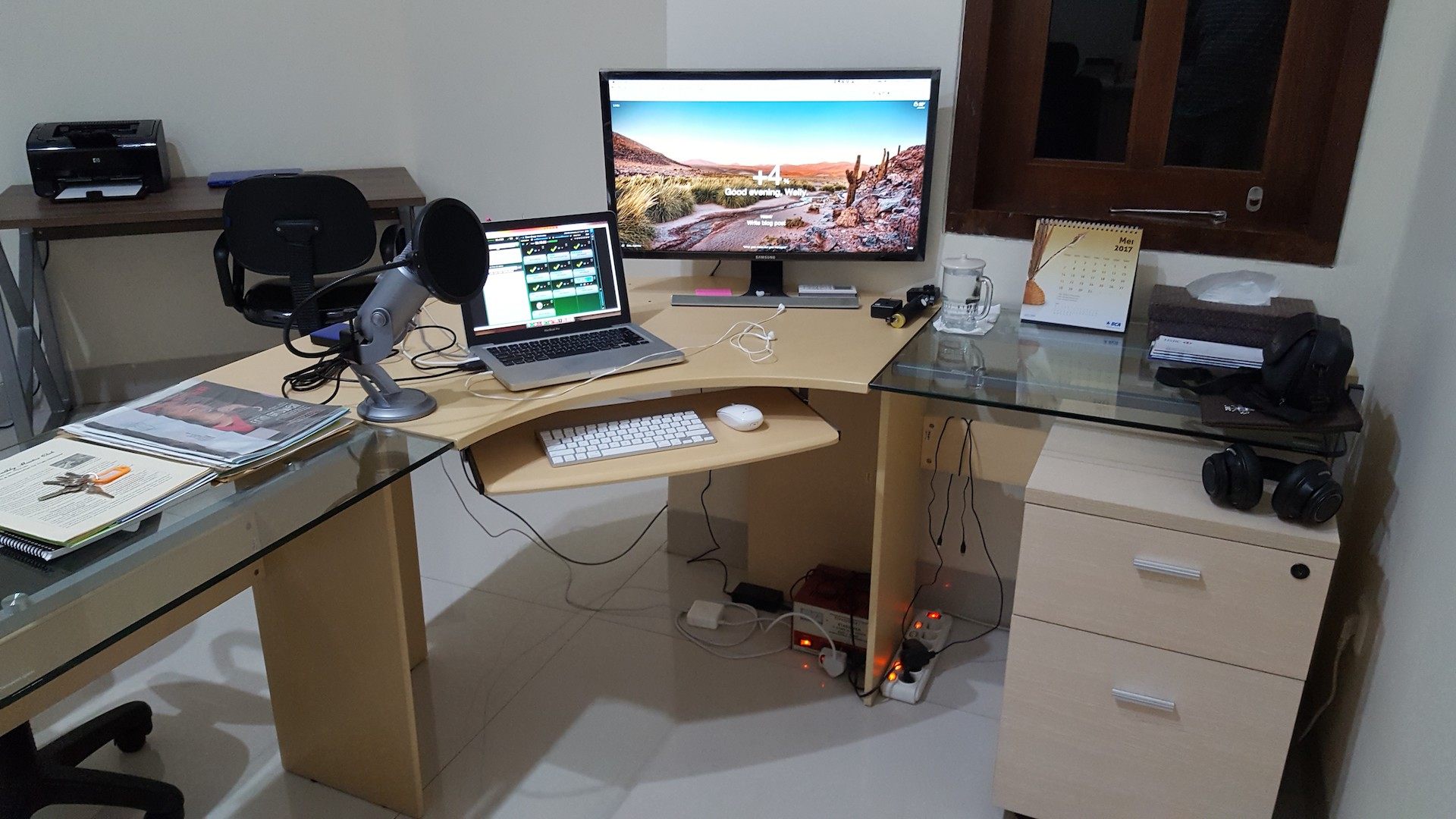
In addition to a minimalist workspace, remember to declutter your computer as well. Delete files you don’t need. Reorganize files into the appropriate folders. Do these periodically.
Extra Tip: People feel good when they see beautiful nature sceneries. You just have this feeling of serenity. And since I’m betting you browse a lot, you must use Chrome quite a lot too. Here’s a neat little piece of Chrome extension that provides you with a new beautiful nature scenery each day when you open a new tab.
Here’s what mine looks like today:
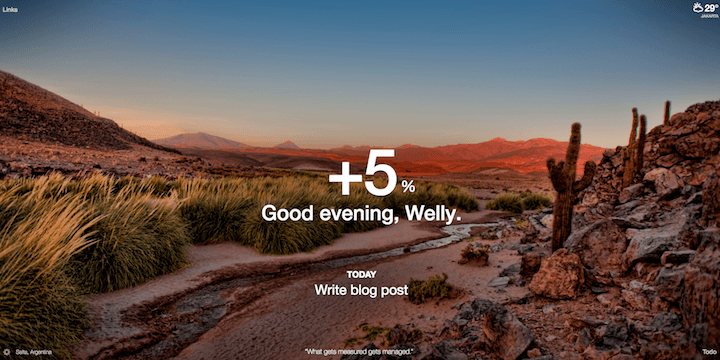
And oh just before I end this article, music is like cocaine (I’m sure you’d agree with me!). Listening to music makes you feel happy and can boost your focus. For me, instrumental music or nature sound like ocean waves or raindrops or birds chirping is the way to go when I need to do my creative tasks (like writing this article).
And Spotify is providing my daily dose of cocaine. They’re free to stream any kind of music you can think of. They have 30 million songs covering different languages and genres in their database. This app is always open when I’m working on my desktop.
Here’s one more thing that you get out of when you declutter: you’ll feel a sense of accomplishment — which makes you feel good. And when you feel good, you’ll get into a flow. When you get into a flow, you’re unstoppable.
Is there a tip you’d like to share that I haven’t covered above? Please share it in a comment below… I’d love to know about it. I’m sure your fellow readers would appreciate it too 🙂
